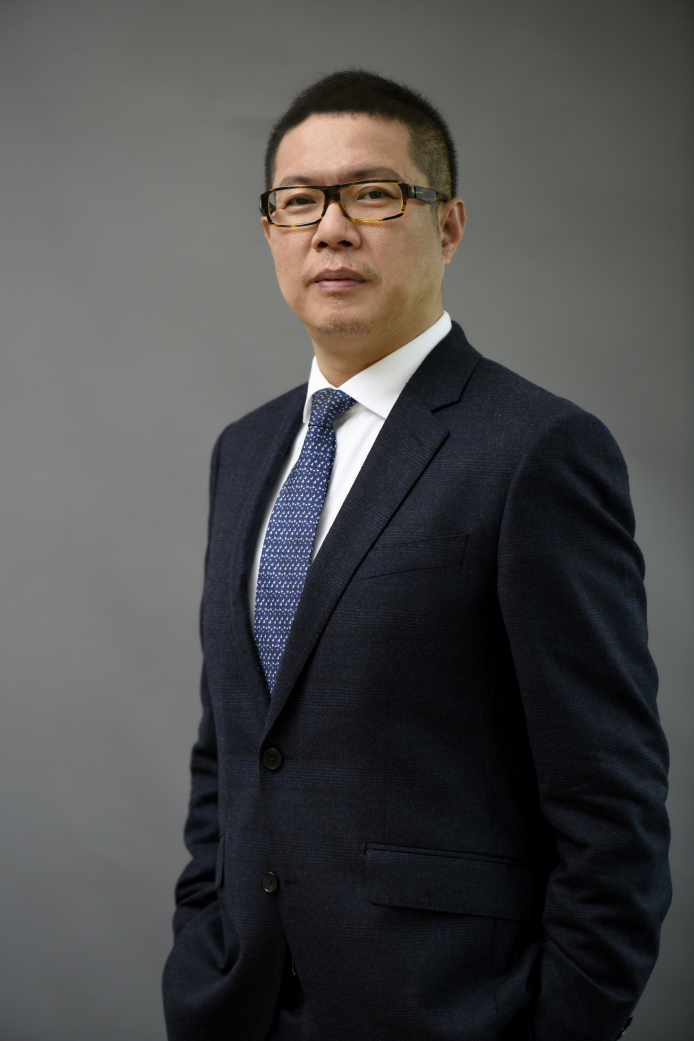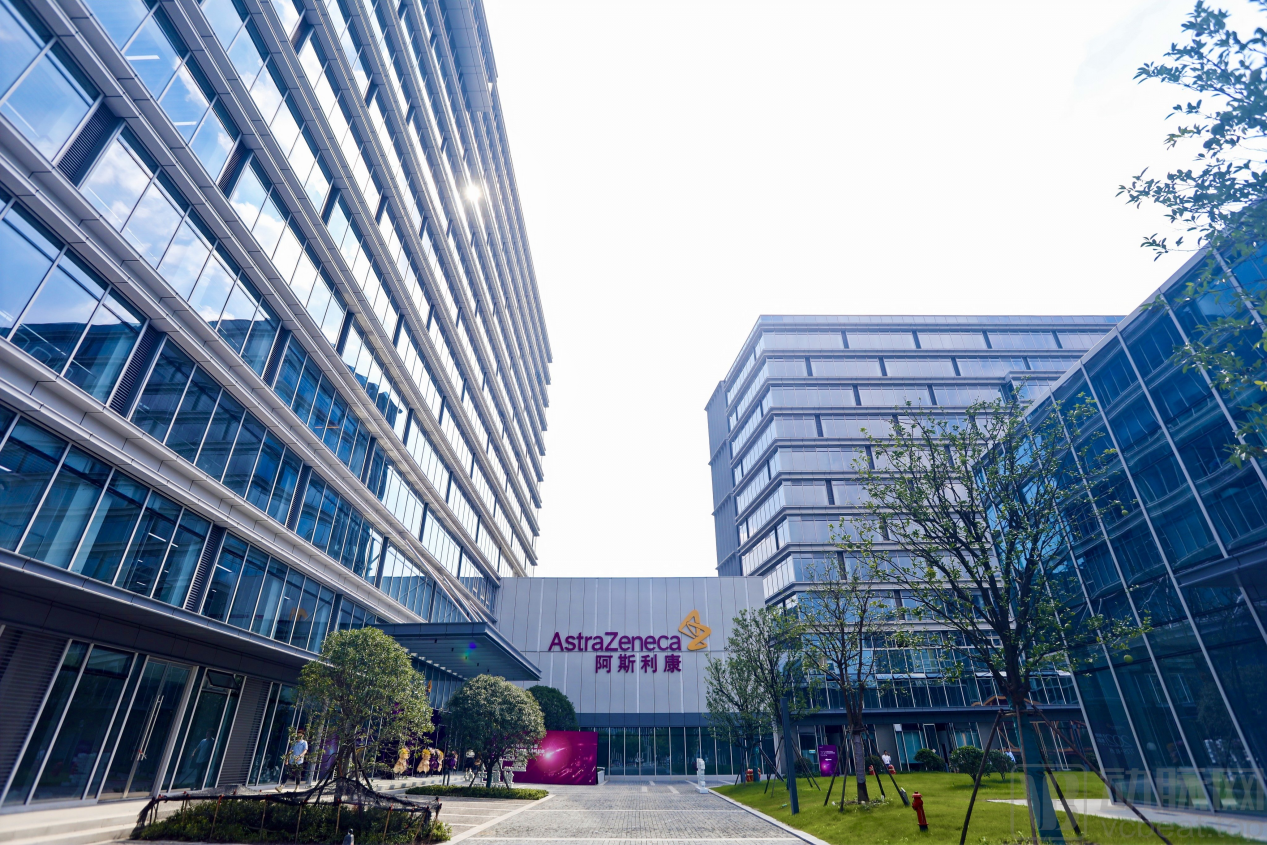beijingetown.com.cn
Updated: 2023-10-17
"What I once thought has now become a reality," said Leon Wang, executive vice-president, International and China President of AstraZeneca, during an interview. Wang predicted that China will witness a surge in world-class innovative achievements in biotechnology over the next 5 to 10 years.

[Photo/beijingetown.com.cn]
As an innovation-driven global biopharmaceutical company, AstraZeneca celebrated its 28th year in China in 2021. Today, AstraZeneca's Northern China Headquarters has been officially established in the Beijing Economic-Technological Development Area (BDA). This new headquarters will oversee the company's new drug research and development, operations, management, and marketing in North and Northeast China.
Wang highlighted that Beijing is home to numerous research institutions and clinical healthcare facilities, and the development of high-tech fields such as information technology, the Internet of Things, and artificial intelligence is thriving. He hoped the company could better leverage these innovative achievements, collaborate with more partners to establish ecosystems in various therapeutic areas, and support Beijing in becoming a hub for new drug research and development.

[Photo/beijingetown.com.cn]
After 28 years of establishing a presence in China, this Fortune Global 500 pharmaceutical company continuously finds fresh opportunities in this expansive market.
According to disclosed reports, in 2020, AstraZeneca's revenue from its operations in China exceeded 20 percent of its global total revenue, reaching $5.4 billion. This remarkable growth owes much to China's efforts in enhancing its business environment.
"The most significant change is that drug approvals have now aligned with international standards," Wang stated. In the past, China lagged behind international markets by many years in terms of new drug approval timelines. Now, not only can China almost synchronize its approval processes with international standards, but some new drugs can receive approval 1 to 2 years ahead of the European Union.
For example, AstraZeneca's new drug, Roxadustat, developed in collaboration with FibroGen in Yizhuang district of Beijing, marks a global debut in China. It can be used to treat anemia caused by chronic kidney disease (CKD) in patients undergoing dialysis.
Another notable change that Wang has noticed is the rapid improvement to China's ability to innovate new drug development. Local pharmaceutical companies are no longer content with merely producing generic drugs; instead, a multitude of "me-too" and "me-better" new drugs are emerging like mushrooms after the rain.
"Savolitinib, jointly developed by AstraZeneca and Hutchison MediPharma (HMP) in China, received conditional approval in China in June this year, making it a global first," Wang stated. He expressed that China's research capabilities in such areas as gene therapy and cell therapy are now at the forefront of the world. He believed that China's biopharmaceutical industry will not only keep pace with global development but also take the lead, driving global development.
Wang noted, "In the next 5 to 10 years, China is poised to witness a surge in world-class innovative achievements in biotechnology, and achieving global firsts may no longer be news."
AstraZeneca is committed to seizing opportunities to participate in China's innovation. The preliminary goals it has set include a five-year plan to invest in 100 Chinese innovative enterprises and collaborate with local pharmaceutical companies to develop 50 new drugs.
-
Address
Boda Building, No.15, Ronghua Middle Road, Beijing Economic-Technological Development Area
-
Email
investinbda@bda.gov.cn
-
TEL
+86-010-86409333(24h)
-
FAX
+86-010-67881207







